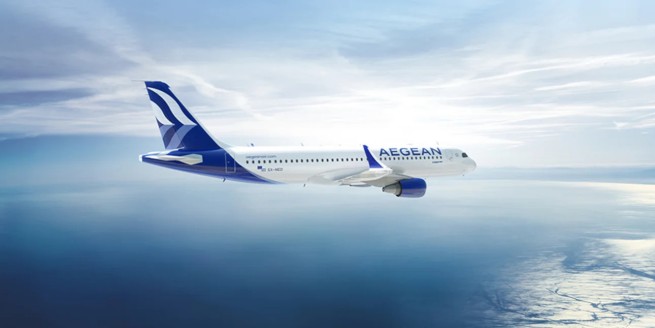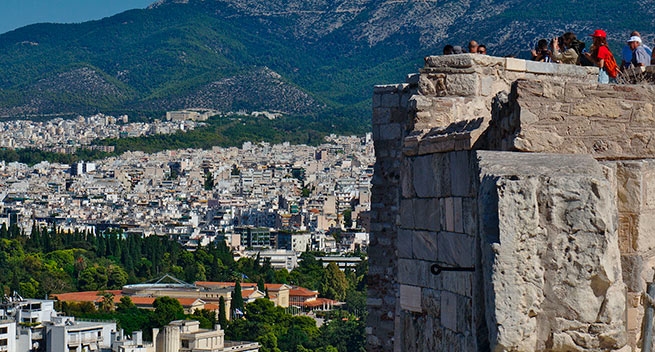The trick is to find a “good balance” between the influx of tourists, which is undoubtedly positive for the Greek economy, and a high standard of living for citizens who, especially after the pandemic, have begun to fear the impact of millions of travelers on their daily lives.
This is emphasized in an interview with the Greek edition MR Doug Lansky, a sustainable tourism expert who, based on his 20 years of travel experience in at least 120 countries, argues that Greece has “gone too far” with tourism in some places.
Indeed, Greeks are increasingly expressing concern about the rising cost of holidays, the increase in short-term rental apartments and the environmental impact of the large influx of travelers to the country, which last year amounted to 27.8 million people. Tourism revenues are expected to reach €39.2 billion this year, just 4% below the record high of 2019, providing strong support to the national economy.
Tourism life cycle
Recognizing the huge economic contribution of tourism to Greece, Lansky, speaking from the podium of Reimagine Tourism, Kathimerini’s initiative to promote a sustainable tourism model, made a disturbing observation: high-tourism destinations that do not have appropriate sustainable development plans lose their appeal. “At first, the locals warmly welcome visitors, but over time they treat them like bags of money and find them rather unpleasant,” Mr. Lansky said.
In order to avoid this decline, which he says is part of tourism’s “natural life cycle”, the aforementioned “good balance” is needed. “Destinations can reinvent their models and also try to limit tourism so it doesn’t ruin the quality of life for locals,” he explains.
Is reducing the number of tourists the solution to the problem?
Especially after the lifting of sanitary measures, the demand for travel has grown around the world, and as a “response” to the ever-increasing flows of tourists, a sustainable model, followed by more destinations, is to limit tourism, notes Lansky. At present, such measures are only taken in specific places, such as hiking trails and protected habitats, but they are not widespread in entire cities or countries. However, according to Mr. Lansky, it is only a matter of time and finding the right way to implement it.
“Hotels have a limited number of seats. Golf courses only allow groups of four every 15 minutes. Restaurants have a limited number of tables. Airlines have a certain number of seats. This works for every business model in tourism, but for some reason we are afraid impose such restrictions widely,” he explains.
Greece “overdid it”
Speaking about the number of tourists, Lansky believes that in some areas Greece “went too far”, without going into listing these problem areas: “It’s pretty obvious.” He concludes: “I think Greece should take advantage of its success and the strengths it has to offer and take some proactive measures to improve tourism to make it more profitable, leave more money in the local economy, make it more sustainable and improve the quality of life for the locals.” residents. Adding more and more tourists is no longer a measure of success.”







More Stories
Fruits and vegetables: imports up 50.2% in April
Greek products on their way to France
Reduced fees for POS transactions, limited bank fees